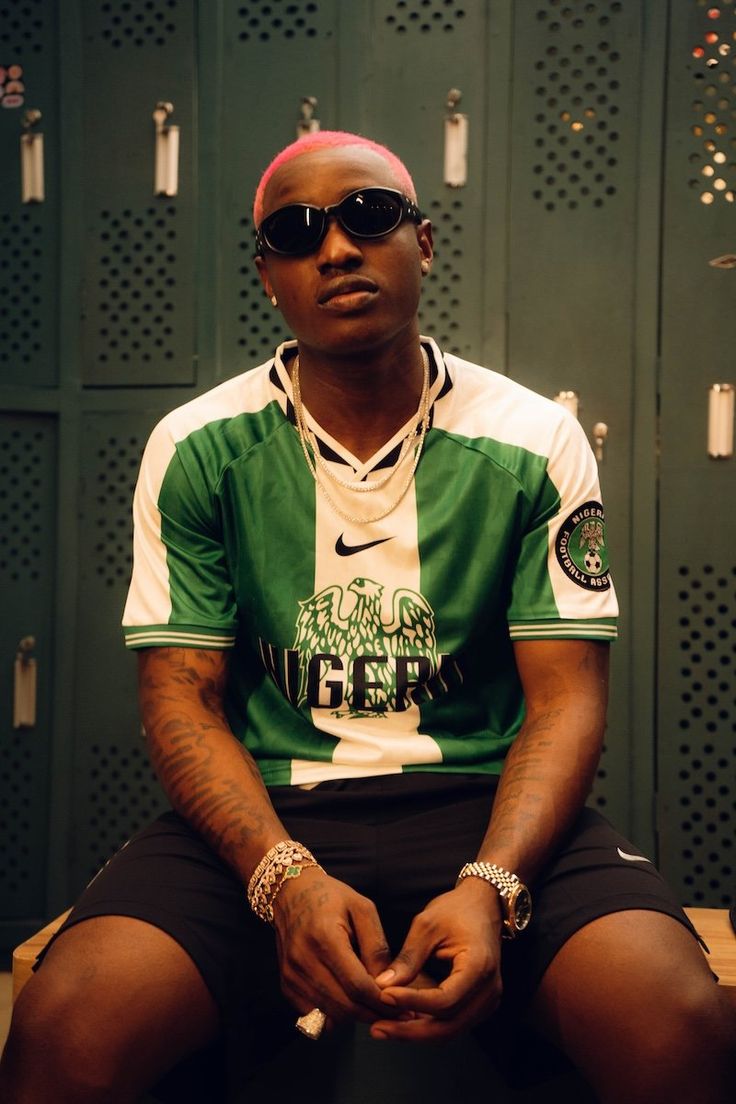Ruger’s sophomore album, BlownBoy RU, isn’t just a collection of tracks, it’s an assertion of autonomy. Released under his self-founded BlownBoy Entertainment after parting ways with Jonzing World, the project arrives at a moment when Afrobeats is undergoing its own transitions. The once tightly controlled label system is shifting as artists seek ownership, not just over their sound, but their business.
But what does independence mean when an artist has already built a distinct identity under a different system? For Ruger, whose pink patch and dancehall-infused sound made him instantly recognizable, BlownBoy RU feels like both a continuation and a recalibration.
Between Legacy and New Territory
If his breakout years were about proving he belonged, this album questions what that belonging should look like going forward. BlownBoy RU doesn’t abandon the things that made Ruger successful—his fusion of Afrobeats, dancehall, and smooth, flirtatious lyricism is still present. Songs like “Toro” and the Tiwa Savage-assisted “Toma Toma” lean into the familiar, while collaborations with Kranium and Valiant reinforce his cross-cultural instincts.
But there are moments where you sense he’s pushing against expectations. The album’s title track, BlownBoy Anthem, carries a defiant tone, a self-mythologizing statement about making it on his own terms. “Runaway,” featuring Haile, takes on a more introspective edge, the braggadocio stripped back in favor of something more reflective. The production, mostly handled by longtime collaborator Kukbeatz, walks the line between polished and raw, never overwhelming Ruger’s vocal presence.
The Weight of Reinvention
There’s a tension at play here—how does an artist known for a signature sound evolve without alienating the audience that made him? Independence is as much about freedom as it is about pressure. Some artists reinvent themselves entirely when they break away from a label, while others double down on what made them recognizable. BlownBoy RU does a bit of both.
Tracks like “Dudu” show Ruger refining his blend of Afrobeats and dancehall, but there are also moments where he seems to be testing new waters, unsure whether to jump in fully. The album is confident, but in a way that acknowledges the uncertainties of this next phase. It’s less of a rebirth and more of a transition—one that leaves room for whatever comes next.
Where BlownBoy RU Lands
In a space where many artists are prioritizing global expansion, Ruger’s independent debut feels refreshingly personal. It doesn’t try too hard to fit the mold of what an international Afrobeats album should sound like, nor does it rely on nostalgia for his earlier hits. Instead, BlownBoy RU sits at the intersection of continuity and change, signaling that Ruger is still figuring out how far he can stretch his identity without losing himself.
Whether this album cements his status or serves as a stepping stone to an even greater reinvention remains to be seen. But one thing is clear—Ruger understands that independence isn’t just about ownership. It’s about knowing when to stick to the formula and when to rewrite it completely. BlownBoy RU is a start, not an endpoint.



